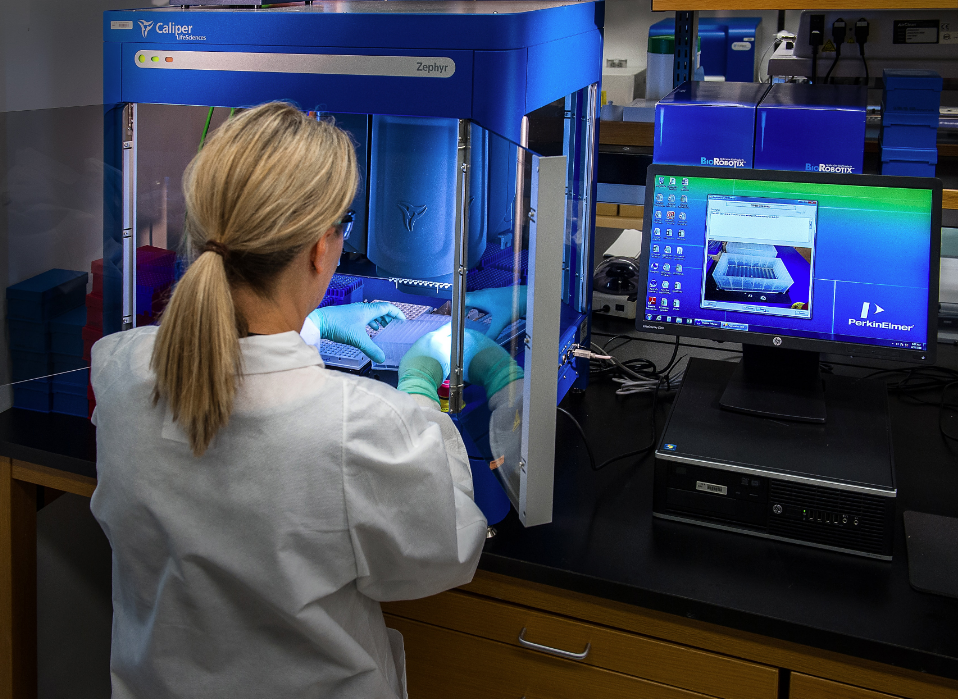Machine learning is an artificial intelligence application that allows programs to learn on their own and improve their processes without being explicitly programmed for any specific tasks. Machine learning algorithms support the vast majority of advancements in artificial intelligence today. Essentially, programs are able to observe patterns and identify them in big data using statistics. Once these patterns have been identified, the data can be transformed and used in other ways.
Machine learning (ML) is possible thanks to previous work on the deep learning model. Deep learning was based on an artificial neural network, and it was called “deep” because of the multiple layers involved in the neural network that would all work together to complete tasks. These days, there are four basic types of algorithms used in ML.
- Supervised Learning: This is where humans serve a teacher role for machines by giving the machine training data. Typically, this training data shows the machine the right way to complete a task, and then it copies it on its own.
- Unsupervised Learning: In this machine learning model, the program is trained using unlabeled data, meaning there’s no human involved at all. Computers try to find patterns in the input data to categorize it or otherwise summarize large data sets.
- Semi-Supervised Learning: This is a combination of the previous methods where the majority of data is unlabeled, but there is some information included about data group parameters that the machine can follow.
- Reinforcement Learning: This has similarities to positive reinforcement used in teaching in general. Basically, the program learns from its environment to determine ideal behavior and maximize efficiency within a specified context.
Machine learning may sound like something out of science fiction, but it’s revolutionizing industries here and now. These are just a few examples of industries that have been impacted by this form of artificial intelligence.
Healthcare
Contents [show]

The medical field has benefited greatly from machine learning. Medical imaging is crucial for making accurate diagnoses, and image recognition software can sort through medical images looking for unusual or problematic areas without bias. Speaking of making an accurate diagnosis, Watson Health has proven its effectiveness and intelligence in its early days by accurately diagnosing patients and even by competing on Jeopardy! These days, Watson seeks to solve some of the greatest challenges in the medical field through big data analytics.
ML can also be used to help medical professionals treat unusual cases of known conditions by searching through pooled patient data and recommending a treatment program based on all the information available. Since new information is always being added to systems, this application is constantly evolving.
Information Technology

Unsurprisingly, machine learning has plenty of applications for securing networks and supporting tech solutions. With advanced network analytics, large networks can be constantly scanned for threats and anomalies, and network administrators can be immediately informed.
Search engines have also benefited from the introduction of ML techniques. With better natural language understanding, modern search engines use artificial intelligence to go beyond merely understanding your keywords but also determine your intent behind them. This ensures search engines return only the most relevant results for your search queries.
Digital Marketing

Effective marketing is all about personalization. You need to speak as directly to your target audience and their problems as you can, and you can even inspire customer loyalty if you send specialized news and offers to your existing customers. With all the great digital marketing platforms these days, marketing departments should have no trouble reaching customers on a new level. Thanks to deep customer analytics powered by machine learning, organizations can use information from all levels of customer interactions to provide better offers and better customer experiences.
These examples have just touched on some of the possible machine learning applications. It’s also frequently used in education, manufacturing, and all kinds of industries, and there’s no doubt that ML will be the backbone behind many more advancements in the future.


